Digital Media Degree online
Associate Degree in Digital Media
Next Start: February 9 Mid-Term
Program Overview
The Sessions College Associate of Occupational Studies (AOS) in Digital Media is an intensive two-year degree program for students seeking to enter careers in video production, editing, filmmaking, animation, or motion graphics.
Designed for high school graduates and adult learners, the program offers a strong foundation in visual design and a working knowledge of software and production techniques essential for contemporary digital media.
Digital Media majors choose one of two curricular paths: an emphasis upon Design or an emphasis upon Filmmaking. Students pursuing either path will gain experience in art and design fundamentals and the use of time-based media techniques to create compelling content. Students develop and advance technical skills using Adobe Premiere, Animate, After Effects and a foundation in video production, editing, and motion graphics.
Mid-Term Classes. Looking to enter your Sessions College program next month? Check out our Mid-Term Classes for applicants accepted by February 2nd, 2025.
Live Event - Lessons from a Pro Photography Career
Live Event
Wednesday, Dec 3, 4pm PT/7pm ET
Register Now!


 February 9, 2026
February 9, 2026
Academic Calendar
“Learning the facets of digital media production by producing portfolio driven projects gives you knowledge you can translate into an array of marketable skills.”

André Robert Lee
Department Head of Digital Media, Filmmaking Instructor
Program Curriculum
The Associate Degree in Digital Media is a 72-credit online program completed in six semesters. Credit transfer and part-time schedules available.
First Semester
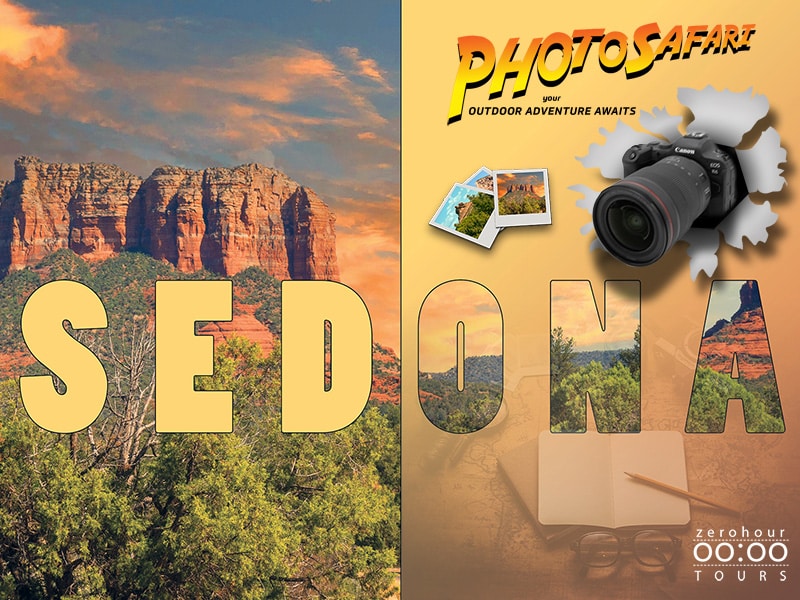
DES 121: Photoshop I - 3 Credits
Adobe Photoshop is the premiere image manipulation tool for print design, Web design, and photography. You can learn to tame this creative powerhouse of a program in this online Photoshop course. Working with a design pro, you’ll learn the best techniques for common Photoshop jobs including selecting and isolating objects, creating image composites, masking and vignetting images, setting typography, and improving images with retouching and effects. Photoshop I course syllabus
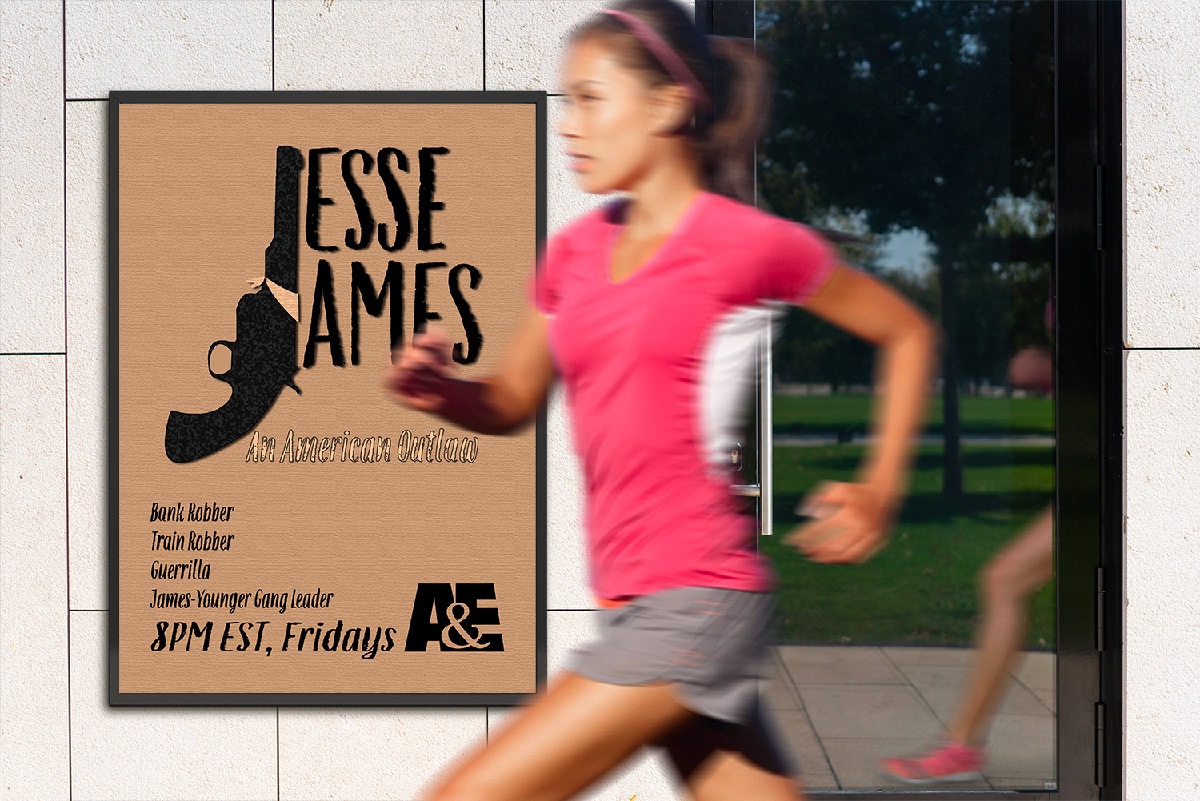
DES 106: Design Foundations - 3 Credits
Color is a fundamental medium for any artist or designer. Typography is what sets designers apart from other artists. Composition, literally the assembly or construction of elements, is the artful arrangement that guides the viewer's eye through an image. In this course, you will analyze everything from Grand Masters to Madison Avenue ads to tubes of toothpaste, and discover how color, type, and composition are combined to create effective and powerful visual communications. Class projects challenge you to build and apply your design skills in application to real-life creative scenarios. Design Foundations course syllabus
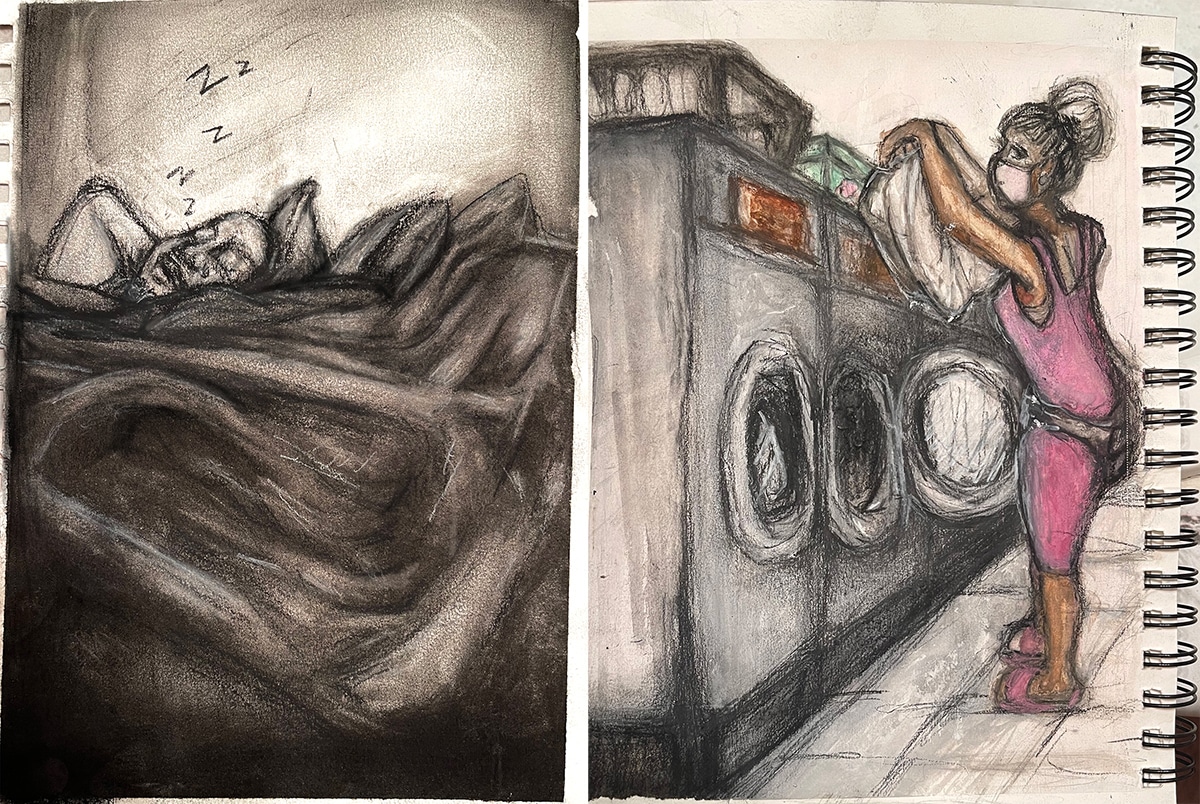
DES 111: Drawing I - 3 Credits
Many people are afraid to draw, but the truth is that drawing is not as hard as it seems. If you can relax, get your mind around the task, and begin to understand what you see, you can draw. In this online drawing course, you'll learn how to analyze what you see in the world around you and communicate it on paper. Guided by a professional artist, you will explore the critical concepts of line, mass, form, perspective, value, and composition, building a solid foundation for all your art and design work. Drawing I course syllabus

GEN 104: English Composition - 3 Credits
Writing is an essential skill in almost any professional career you can name. In this online english composition course, students learn to become better readers and writers. Your goal is to produce clearer, more active sentences, better structured paragraphs, and more coherent and interesting personal and analytical essays. Throughout the semester, class discussions will use the critique of images and videos on art as a stimulus for writing. Students will develop two polished essays that will be presented for peer critique. English Composition course syllabus
Second Semester
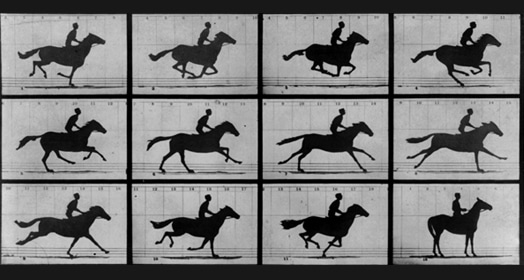
DIG 205: Intro to Motion - 1.5 Credits
How does animation actually work? In this online introductory animation course, you'll learn the 12 essential principles of animation including squash and stretch, anticipation, and exaggeration. Working with a professional animator, you'll explore how fundamental concepts in physics and motion are used to create sophisticated, convincing motion art in sequential art, video, 2D animation, and 3D animation, and more. Practical projects include stop-motion and flipbook-style animation. Intro to Motion course syllabus
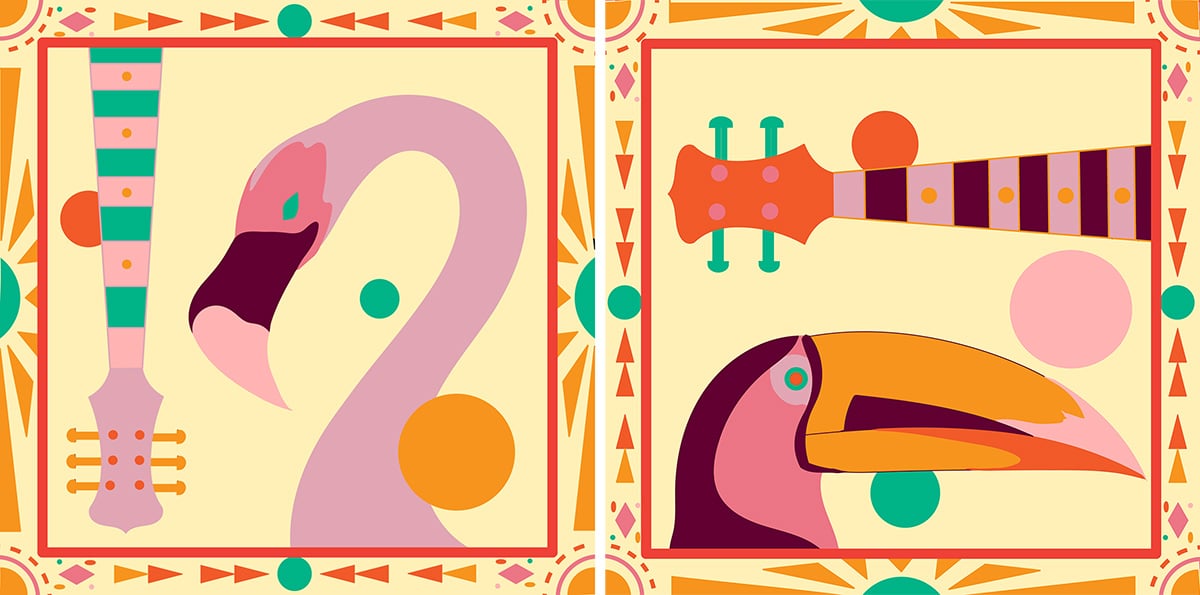
DES 141: Illustrator I - 3 Credits
Adobe Illustrator is a powerful and versatile tool for creating illustrations, logos, and graphics for print and the web. You can learn to produce detailed and scalable art in this online Illustrator course. Working with an expert instructor, you'll build a strong foundation, exploring shape tools, drawing tools, layers, the Pen tool (a lesson unto itself) as well as transformations/distortions, type tools, and modifying paths and shapes. Hands-on illustration projects include creating a robot, a series of album covers, a marketing postcard, an advertisement vehicle wrap, and a company logo. Illustrator I course syllabus

DES 151: Digital Photography I - 3 Credits
In this course, you'll build a foundation in fundamental photography techniques. You will gain control over your camera's manual settings, learning how to balance the elements in the Exposure Triangle (ISO, Shutter Speed, and Aperture/F-Stop. You will discover how to set White Balance appropriately, create depth of field, and capture motion. We will explore composition concepts to help you make your photographs more interesting and effective and equip you for the types of adjustments photographers make to adjust to different lighting conditions. To give you experience in some important genres, you will gain practical experience in shooting different kinds of portrait photographs and sports/motion photographs. Digital Photography I course syllabus
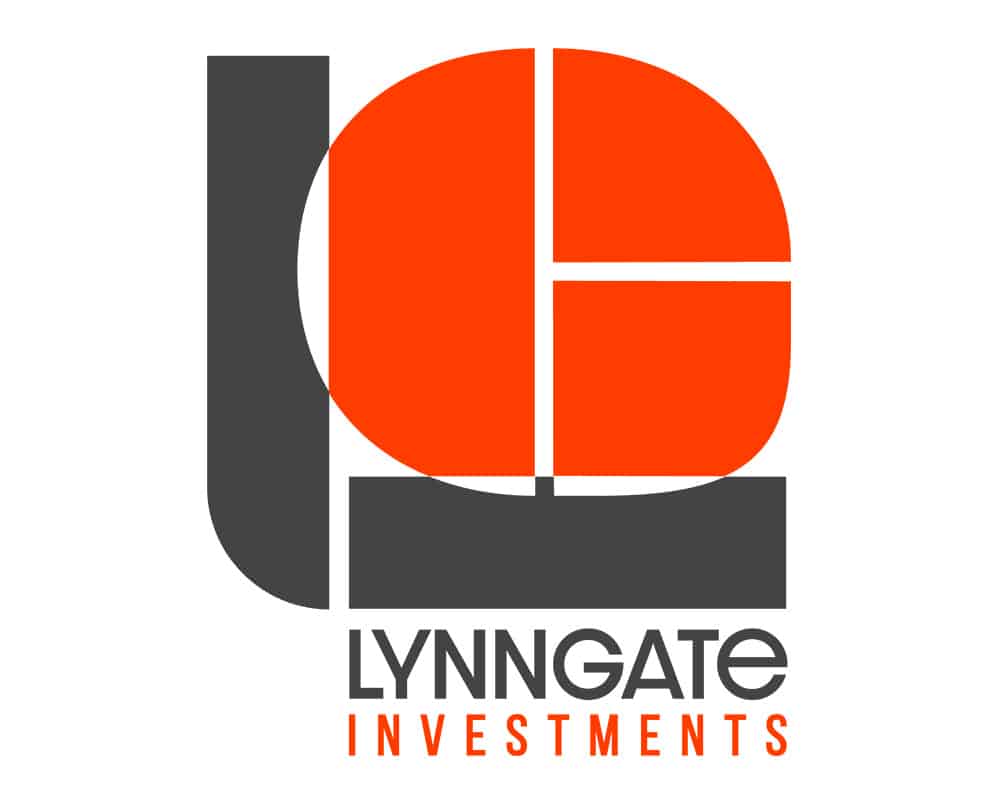
DES 131: Logo Design I - 1.5 Credits
Logos are the front line—the identity of a company. They are ubiquitous, and they are vital. In this introductory online logo design course, you'll learn how to design logos that will strengthen the visual image of your own or your client's company. Working with a design pro, you'll explore the development of logos through a series of case studies. Each exercise combines a written, conceptual component with hands-on projects for creating an effective logo. Logo Design I course syllabus
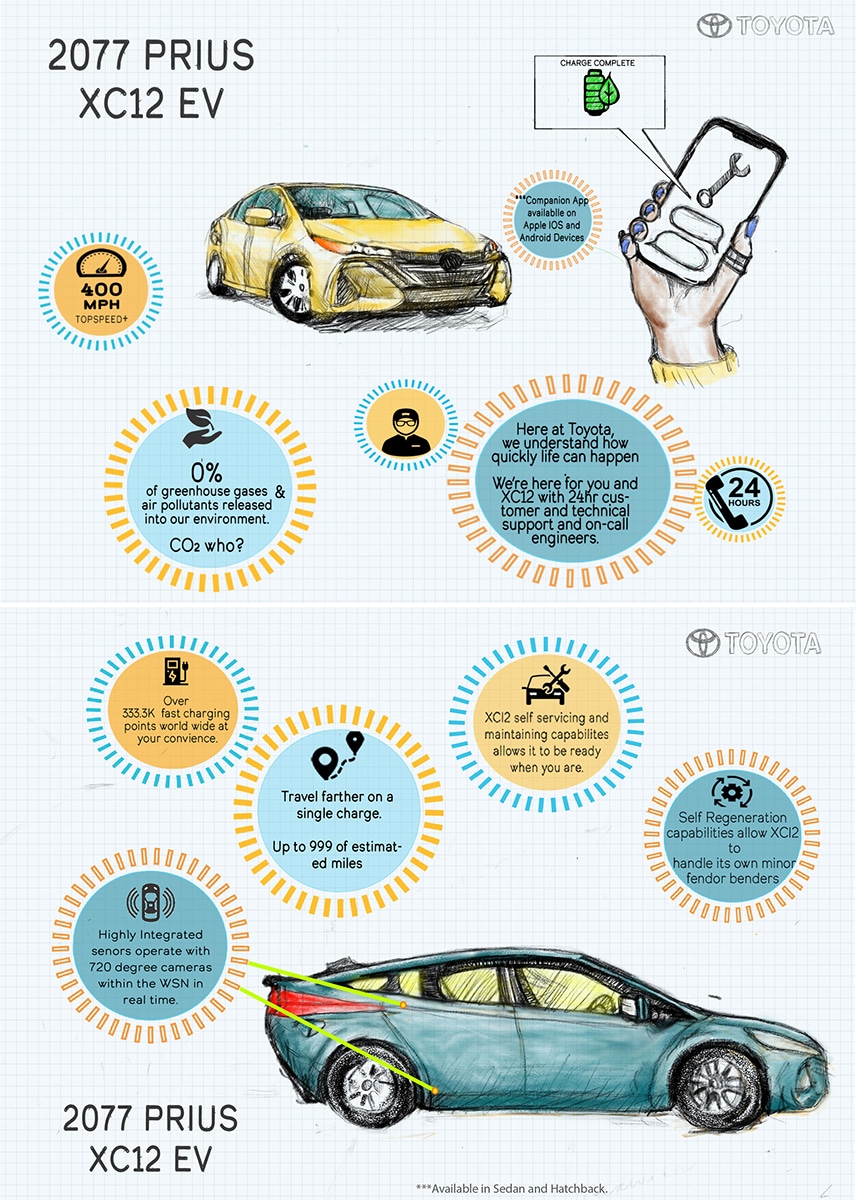
GEN 105: Computer Technology - 3 Credits
To succeed in today's digital workplace, it's imperative to understand how computers work. In this online computer technology course, you'll gain a foundation in modern computer systems. The course provides a foundation in the computer concepts that every working professional should know. Lectures explore the history and technical evolution of computing, with a focus on the development of hardware, software, and the Internet have developed. Course assignments challenge students to master concepts and relate their studies to relevant professional scenarios, including data representation, programming, and social issues in computing. Computer Technology course syllabus
Third Semester

DIG 201: Digital Video Editing I - 3 Credits
Digital video is an exciting field, described by FaceBook CEO Mark Zuckerberg as a megatrend. In this online video editing course, you'll learn the art and craft of editing videos using Adobe Premier, or equivalent NLE program. Working with a pro digital artist, you'll learn time-honored concepts in editing, including shot types, story structure, scripting, editing sound, continuity editing, CODECs, adding text and graphics, compressing and expanding time, and storytelling strategies. Through a series of creative projects, you'll learn how to create polished movies for digital and social media applications. Digital Video Editing course syllabus
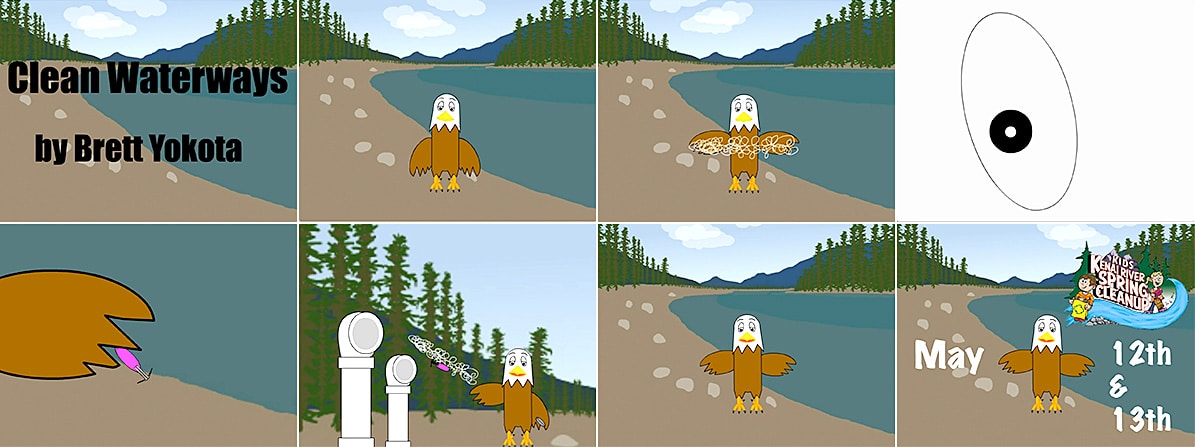
DIG 210: Animate I - 3 Credits
In this course you'll get a thorough, hands-on introduction to Animate, learning how to draw and import artwork, organize it using symbols and layers, and animate it using a range of techniques from basic tweening to frame-by-frame animation. Animation techniques you'll cover will include motion tweening, scaling and rotating objects, nested animations, animating objects on a path, masks, and lip syncing. You'll also master new techniques to make your animations more fluid and realistic. By the end of the course you will have created your own animated instructional or educational video. Animate I course syllabus
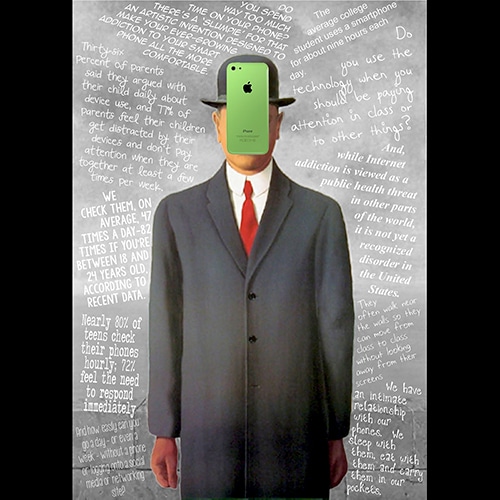
GEN 106: History of Art - 3 Credits
What essentials do artists and designers just need to know? In this online art history course, you'll build a foundation in art and the artists who created it. You'll explore profound themes that have concerned artists for centuries: nature, the human body, society, religion, and politics. Through engaging lectures and projects, you'll learn how to identify the mediums, materials, and techniques artists use and discuss the styles of important artists, art movements, and historical periods from antiquity through the mid-20th century. History of Art course syllabus

GEN 107: General Psychology - 3 Credits
An understanding of human psychology is essential for any designer. In this online psychology course, you'll build a foundation in theories of the mind. The course focuses on the biological and environmental bases for human behavior, including motivation, emotions, states of consciousness, learning, and personality. Students examine classic theories and theorists in psychology and complete research- and reflection-based projects. General Psychology course syllabus
Fourth Semester
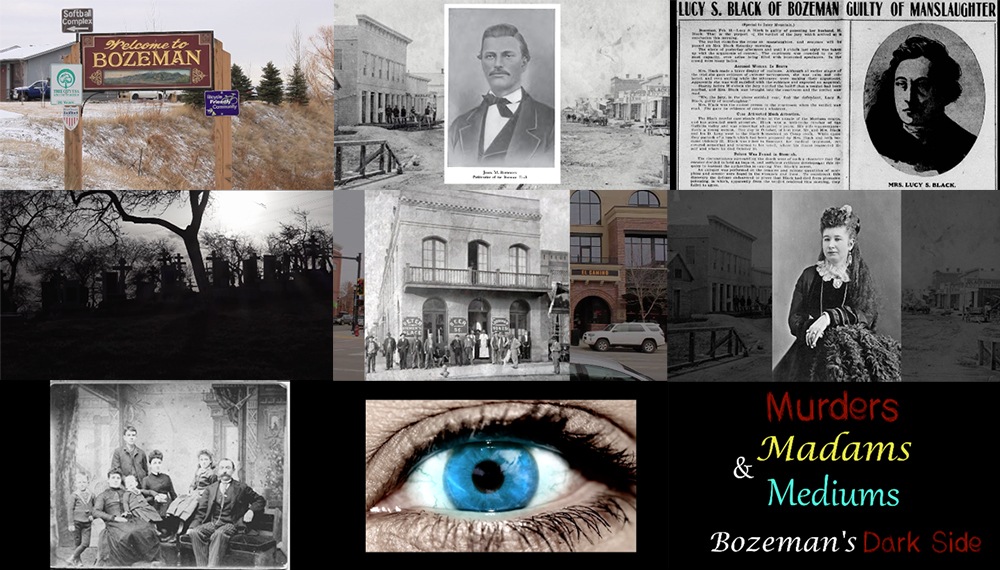
DIG 204: Digital Video Production - 3 Credits
Can you hear Sundance calling? In this online video production course, you'll learn the basics of planning and shooting videos. You'll learn how to control your video camera, execute different kinds of shots, and maintain continuity in your projects. Working with an expert instructor, you'll gain experience in shooting different kinds of videos, focusing on storytelling, production planning, and sound editing, with the ultimate goal of telling stories that move audiences. This course will empower you with the knowledge to tell compelling stories for news, corporate video, and social media. Digital Video Production course syllabus
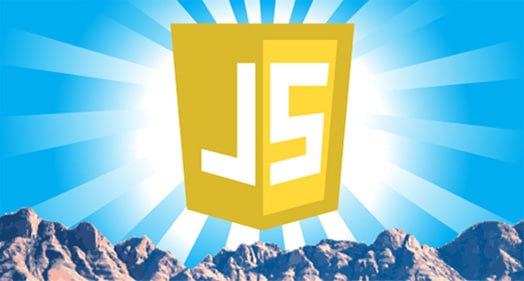
PHO 105: Photo Lighting and Planning - 3 Credits
Planning a photo shoot can be challenging as you struggle to properly prepare while keeping the artistic juices flowing. In this online photography lighting course, you'll focus on the planning and preparation that lead to the successful execution of a photo shoot. You will develop a thorough understanding of different types of lighting, both natural and artificial, and learn how to work within varied shooting conditions. Working with a photography pro, you'll explore ways to effectively stage and style photographs to achieve your desired effect. Photo Lighting and Planning course syllabus
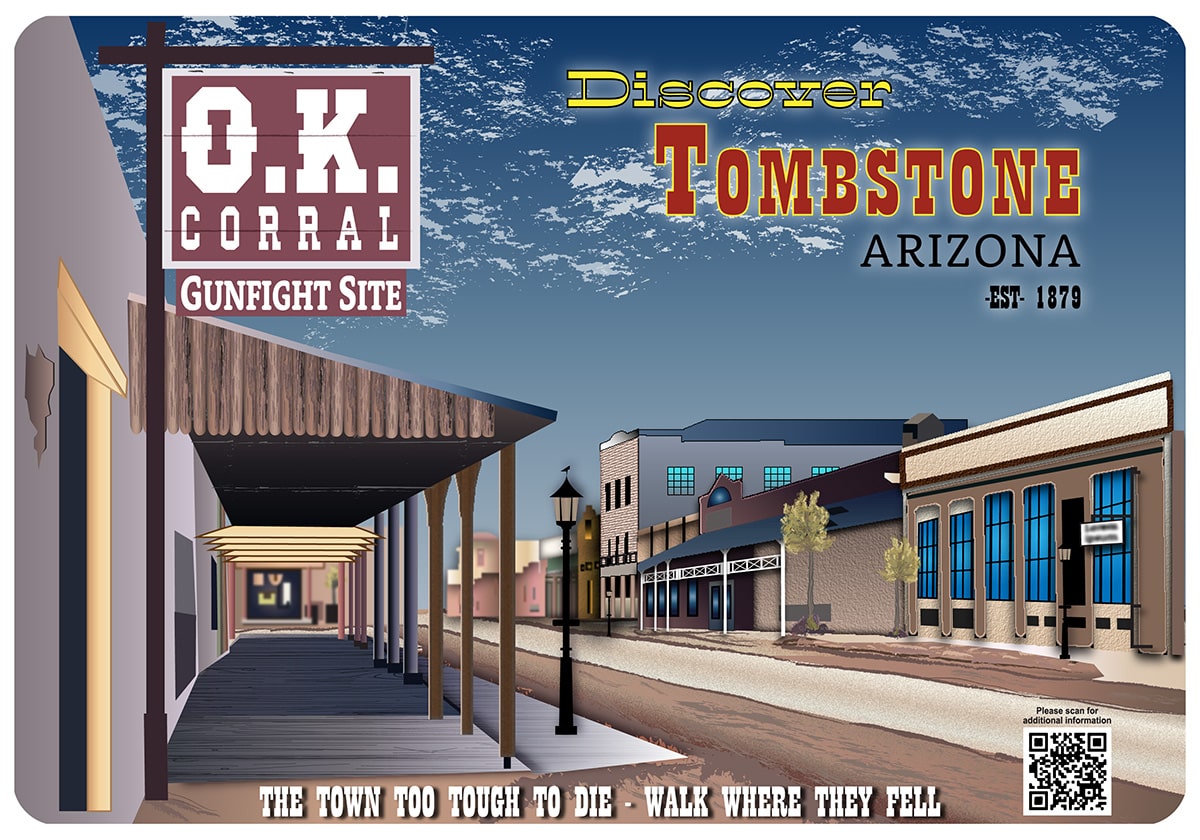
DIG 208: After Effects I - 3 Credits
Adobe After Effects is a powerful application for motion graphics and visual effects for film and video. After Effects is used for broadcast graphics, music videos, feature films, video rotoscoping, corporate presentations, and conferences. In this online After Effects course, you can study with a leading animator and learn how to use After Effects to create sophisticated motion graphics—using text and object animations, compositing videos and images, and adding audio and effects. You'll learn how to set keyframes on a timeline and work with transform properties, motion paths, masks, effects, and more. After Effects I course syllabus
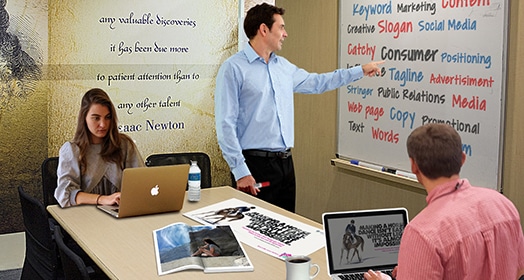
GEN 207: Copywriting - 3 Credits
Every ad designer must grasp the basics of persuasive copywriting. In this online copywriting course, students will study how text and images interact in effective ad campaigns, learning how to write and edit ad copy for print and digital advertising media and turn written ideas into visual expression. Working with a professional writer and editor, you'll hone your copywriting skills on realistic projects. Copywriting course syllabus
Fifth Semester
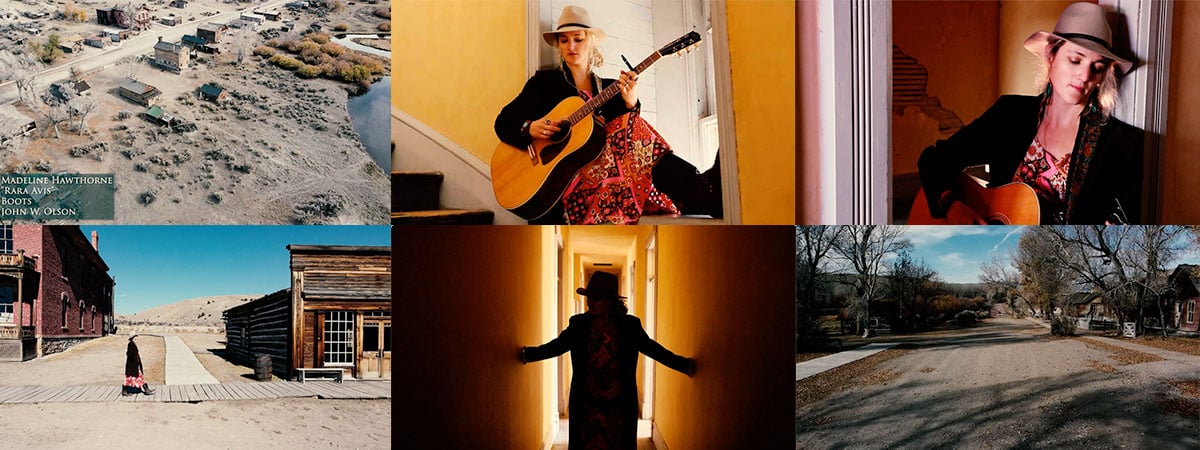
DIG 209: Time-Based Media - 3 Credits
This creative online time-based media course explores storytelling and allows students to integrate 2D animation, 3D animation, motion graphics, and video in an advanced After Effects environment. You will emerge with both a solid grasp of movie making techniques and a varied portfolio including a commercial, movie credit sequence, a dramatic short story, a visual illustration of a complex idea, a movie trailer, and an abstract tone poem. The course will explore useful techniques for research, scripting, and storyboarding with reference to film, television, and Web-based movies. Time-Based Media course syllabus

DES 102: Typography II - 3 Credits
Typography, technology, and culture are intertwined. Type has the power to communicate meaning and mood through its quirks and beauty, its history and diversity. In this advanced online typography course, you'll learn advanced concepts in typography, building your portfolio through hands-on projects. You'll experiment with type fusion, learn the details of text layout and information hierarchy, create a visual identity for product package and a civic authority, and even design your own currency. Typography II course syllabus
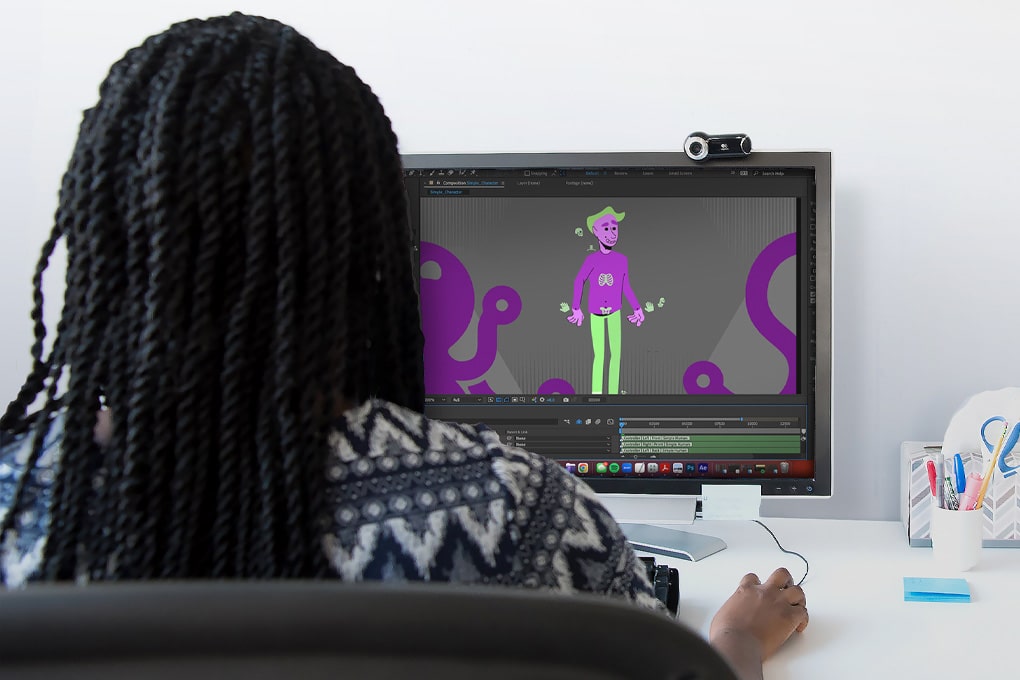
DIG 212: After Effects II - 3 Credits
It’s time to level up your After Effects skills. In this course, you’ll build on your basic knowledge of AE and explore how to employ more advanced animation techniques and visual effects. Guided by an industry pro, you'll learn how to use motion paths and value and speed graphs to make objects move in believable ways. You will discover how to apply classic animation principles to mirror real-world physics and how to use rigging to set up 2D characters for animation. You will learn about ways to refine your animations and make them interactive. Finally, you'll explore best practice strategies for using Motion Graphics Templates (MOGRTS) and coding to optimize your workflow. After Effects II course syllabus

ILL 142: Illustrator II - 3 Credits
Adobe Illustrator puts any conceivable vector art objective at your fingertips. But most digital designers only scratch the surface of Illustrator. To make a splash, one must delve deeper. In this advanced online Illustrator course, you'll create photo-realistic illustrations, complex patterns, rich designs, and learn how to accelerate your efforts with helpful workflow features. Working with an expert instructor, build on your existing Illustrator skills and tackle high-end projects with depth, dimension, and wow-power. Illustrator II
Sixth Semester

DES 222: Photoshop II - 3 Credits
How well do you know Adobe Photoshop, the industry-standard imaging app? In this advanced online Photoshop course you'll transcend your current skill set with vector illustration techniques, photo-realistic painting, high-impact typography, and professional editing methods that preserve the editability of your original images. Working with a Photoshop pro, you'll build proficiency with the Pen tool, Adobe Color, Smart Objects and Filters, and more. Photoshop II course syllabus
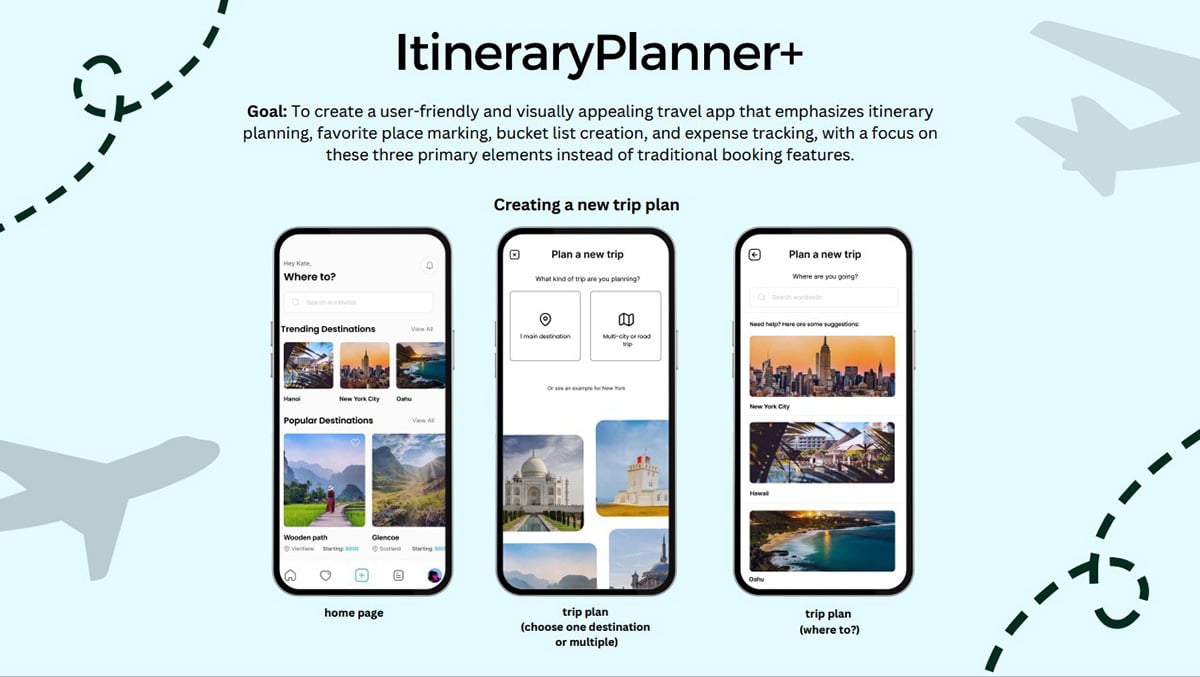
WEB 222: UX/UI Design - 3 Credits
UX/UI is a hot field in software development and web design today. Companies need designers who can rapidly prototype the interface for an app or a website, applying principles of usability and accessibility to create intuitive, engaging user experiences. In this course, you’ll work with veteran UX/UI designer Michael Hamm to learn UX/UI from the ground up. Using your favorite prototyping tool - Sketch, Invision, Adobe XD, or Figma – you will learn how create a concept for an app, and turn your sketches into live prototypes with hotspots, transitions, and slick graphics, using the iterative development process practiced in the industry. UX/UI Design course syllabus

GEN 204: Intro to Marketing - 1.5 Credits
Today's business clients are looking for designers who can apply their creative talents in ways that enhance strategic business goals. In this online introductory Marketing Design course, you'll learn tried-and-true marketing concepts and explore how they affect the design process. You'll gain a solid grasp of the marketing process, understand key terms and concepts that every marketer uses, and pick up smart questions to ask in client meetings. Intro to Marketing course syllabus

GEN 206: Creative Business - 1.5 Credits
The course provides essential preparation for finding employment opportunities in your creative industry. You will learn how to define a personal career path, break down the job market, and define their goals, talents, and ideal job. This course explores different ways to brand yourself as a professional creative, discussing tips for resume and portfolio preparation, self-promotion, marketing, client searches, responding to leads, interviewing, and presenting work and/or campaigns. Creative Business course syllabus
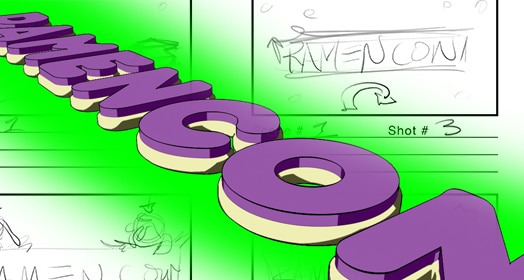
DIG 260: Digital Media Capstone and Portfolio Review - 3 Credits
The Digital Media Capstone and Portfolio Review class offers an opportunity to analyze and develop your areas of creative strength and hone your creative work into a polished presentation for future clients and employers. The Digital Media Capstone Project provides you with a series of assignments focused on skill evaluation, multitasking, visual storytelling, interviewing and project pitching. Each assignment provides a context for developing a professional niche for your talents. Students participate in Portfolio Review in weeks 9-15 of the semester. This provides students the opportunity to gather and develop a portfolio of work and present it to faculty and classmates for feedback. Digital Media Capstone and Portfolio Review course syllabus
Digital Media majors choose one of two curricular tracks: Design or Filmmaking. Students pursuing either path will gain experience in art and design fundamentals and the use of time-based media techniques to create compelling content.
To discuss scheduling options, please contact Admissions@sessions.edu.
| Design Track | Filmmaking Track |
|---|---|
| DES 111 Drawing | FLM 101 Cinematography |
| DIG 205 Intro to Motion | FLM 103 Screenwriting |
| DES 131 Logo Design I | FLM 104 Directing |
| PHO 105 Photo Lighting and Planning | FLM 201 Filmmaking Concepts for Digital Media |
| DES 102 Typography II |
Program Outcomes
By completing the program, Associate Degree in Digital Media students develop the following competencies:
Video
Shoot and edit engaging videos utilizing skillful production, camera, audio, and non-linear editing techniques.
Technology
Create images, animations, and movies by effectively and efficiently using creative software including Adobe Photoshop, Illustrator, Animate, After Effects, Premiere, and other industry technologies.
Animation
Prepare and present short animations employing basic animation techniques.
Art/Design Principles
Produce visually compelling work by employing art and design principles including the use of color, pattern, details, and composition.
Storytelling
Conceptualize, compose, and deliver images, animations, and movies demonstrating an effective use of visual communication and storytelling.
Critical Thinking and Writing
Employ critical thinking to generate, support, and convey ideas through writing for academic or professional contexts.
Portfolio
Apply creative problem solving and constructive feedback to conceive, produce, and present a cohesive body of work that showcases technical and creative skills to employers and potential clients.
About Sessions College
Sessions College has been inspiring creative professionals for 25 years. Accredited since 2001, we have a unique and proven approach to online education.

Accredited by Distance Education Accrediting Commission since 2001
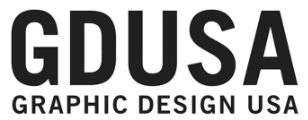
Recognized as top design school by GDUSA
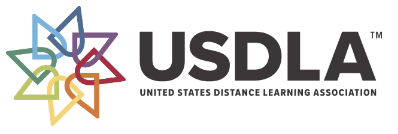
Winner of four USDLA awards for distance education
Student Work
Student Work


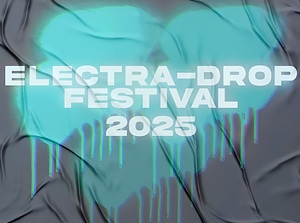

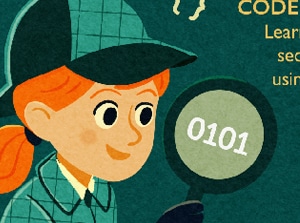


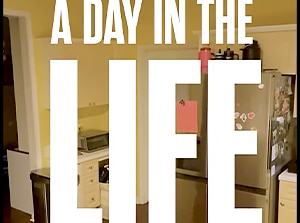

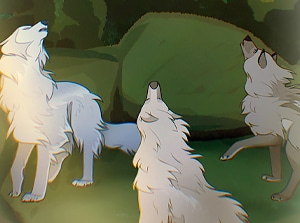





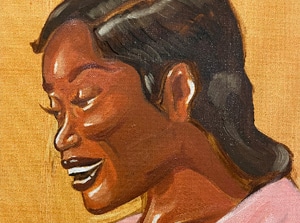
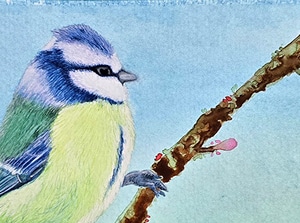
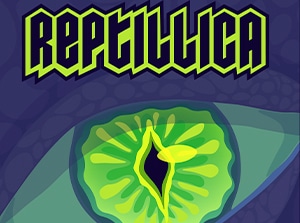

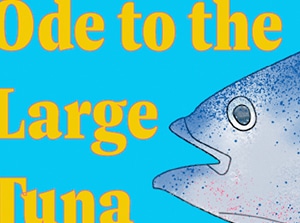
Program Benefits
Launch your Creative Career
Earn a degree and launch your creative career in our most rigorous 2-year program.
By Creatives, for Creatives
Collaborate with a community of creative learners and industry professionals.
Maximize Your Portfolio
Projects put you through your paces as you build a body of work. Your program culminates with a guided portfolio review.
Structure and Flexibility
Weekly deadlines keep you on track, but with no set login times you can build your studies around your schedule.
Education You Can Afford
Affordable programs with low per credit tuition, and financial aid available for those who qualify.
Convenient Online Application
Fast, convenient, and student-centered application process.

Career Outlook for Digital Media
Digital Media professionals produce creative work such as motion graphics, animations, special effects, digital graphics, video production for web, television, social media, and live streaming. These creatives can serve in multiple roles such as special effects artists, animator, motion graphics artist, cinematographer, director, editor, camera operator, and more. Professionals in this field need to possess artistic talent, communication skills, computer skills, creativity, and time-management skills.
Exciting Job Opportunities
Graduates could be employed as Special Effects Artists, Animators, Motion Graphics Artists, Camera Operators, Film and Video Editors, Producers, and Directors.
Median Annual Wage and Income Potential
According to the Federal Bureau of Labor Statistics median annual salaries in May 2023 were as follows:
| Camera operators, television, video, and film | $61,800 |
| Film and video editors | $66,600 |
| Producers and directors | $85,510 |
| Special effects artists and animators | $99,060 |
Largest Areas of Employment
From 2022 to 2032, employment opportunities are expected to grow as follows:
The top three areas of employment for each area are as follows:
| Camera operators, television, video, and film | Self-employed workers | 33% |
| Motion picture and video industries | 27% | |
| Professional, scientific, and technical services | 10% | |
| Film and video editors | Motion picture and video industries | 37% |
| Self-employed workers | 34% | |
| Professional, scientific, and technical services | 10% | |
| Producers and directors | Motion picture and video industries | 35% |
| Media streaming distribution services, social networks, and other media networks and content providers | 10% | |
| Performing arts, spectator sports, and related industries | 9% | |
| Special effects artists and animators | Self-employed workers | 58% |
| Motion picture and video industries | 19% | |
| Software publishers | 6% |
Job Projections and Employment Trends
From 2022 to 2032, employment opportunities are expected to grow as follows:
- Film and video editors and camera operators: jobs are projected to grow 7 percent from 2022 to 2032.
- Producers and directors: jobs are projected to grow 7 percent from 2022 to 2032.
- Special effects artists and animators: jobs are projected to grow 8 percent from 2022 to 2032.
About 9,400 openings for special effects artists and animators are projected each year, on average, over the decade.
Based on Federal Bureau of Labor Statistics data for camera operators, film and video editors, producers and directors, and writers and authors and Indeed Job Outlook on video production and computer animation.
Learn More
Based on Federal Bureau of Labor Statistics data for camera operators, film and video editors, producers and directors, and writers and authors and Indeed Job Outlook on video production and computer animation.
Learn more about this field at the Motion Picture Editors Guild.
Truly Affordable Education
Our tuition is:
50% lower than the average annual cost of tuition at 4-year colleges in the United States.
Significantly more affordable than other online design / digital media colleges.
So affordable that 100% of tuition costs may be covered for eligible students.* Find out today if you qualify.
* Federal student aid and military education benefits available for eligible students.

Frequently Asked Questions
Our online application process makes getting started easy, fast, and convenient.
What is the Admissions Process?
To enter the program you are expected to have earned a high school diploma, GED, or state-approved home school equivalent. Any students under 17 years of age will also need to provide the signed permission of a parent or guardian.
We have a convenient and student-friendly online application process. Simply complete our program application form and provide transcripts, an application essay, and 5-10 samples or art/design work or alternative written assignment, and a $75 application fee. See our complete application guide and credit transfer policy.
Applications are reviewed by our Acceptance Committee and generally returned within a business week.
You can begin your creative journey by completing our online application today. There is no charge until you submit your application materials and no obligation to enroll.
What Software or Supplies Do I Need?
To take this program, you’ll need the following:
| Technology | Desktop or laptop computer with a reliable high-speed Internet connection. Computer must meet minimum specifications for Adobe Creative Cloud (Chromebooks and iPads are not suitable). |
|---|---|
| Software | Adobe Creative Cloud: Photoshop, Illustrator, Animate, Premiere Pro, After Effects. Microsoft Word or an equivalent word processing program (such as Google Docs). |
| Camera | A digital camera or smartphone with the ability to produce high-quality images or present your artwork. Access to a digital video camera or a smartphone capable of capturing high-quality video. |
| Supplies | Basic drawing materials including pencils, charcoal, newsprint, and sketch paper. |
There are no textbook or course material costs to participate in this online program. Discounts on technology, software, and supplies are available to enrolled students.
How Long is the Program?
The Associate of Occupational Studies (AOS) program is a 72 credit program completed in six semesters or two years by a student on a full-time schedule. Students with transfer credit can graduate in under two years and part-time schedules are available.
Will the Program Fit My Schedule?
Fully Online and Asynchronous. Our programs are fully online and asynchronous, allowing you to fit learning into your life. We provide weekly deadlines to keep you on track, but there are no mandatory login times and our learning platform is available 24 hours a day.
Is the Tuition Affordable?
Truly Affordable Tuition. Since our founding in 1997, we have been committed to making the highest-quality design and digital media education available at the lowest cost.
Our truly affordable tuition is:
| Associate of Occupational Studies (AOS) Program - 2025-26 Tuition |
|---|
| $350 per credit |
| $4,200 per semester |
| $8,400 per academic year |
| $25,200 total program tuition |
Per-credit tuition is the same full-time and part-time students. Federal financial aid available for eligible students. Ask about our $500-$3,000 scholarships for exemplary applicants.
A $200 registration fee is required to process your enrollment in the program. Registration fees are nonrefundable after 5 days from the scheduled beginning of program orientation. See Degree Program Admissions.
Is Financial Aid Available?
Federal Student Aid. Federal student aid is available to students who qualify. If you are eligible, you may be able to fund your program using Pell Grants and Federal student loans. Check out our Financial Aid Information pages and ask to set up an interview with our Financial Aid Director.
Military Student Aid. Military servicemembers and their families who are eligible for GI Bill Education Benefits or active service member Tuition Assistance (TA) may also be able to utilize these programs to pay for their education.
Creative Learner Scholarships. Ask about our innovative scholarships for adult learners. The Creative Learner Scholarship Program can help you offset your tuition costs.
What are the Deadlines to Enroll?
Here are relevant deadlines to be admitted for next term.
 February 9, 2026
February 9, 2026
 Final Deadline:
December 8
Final Deadline:
December 8
 End Registration:
December 22
End Registration:
December 22
Get Started Today
Take the first step on a rewarding creative journey towards earning an Associate Degree in Digital Media.
By submitting this form, you consent to an Admissions Advisor contacting you about our educational programs via email, phone, or SMS text. Message & data rates may apply. You can opt out or unsubscribe at any time. Privacy Policy.